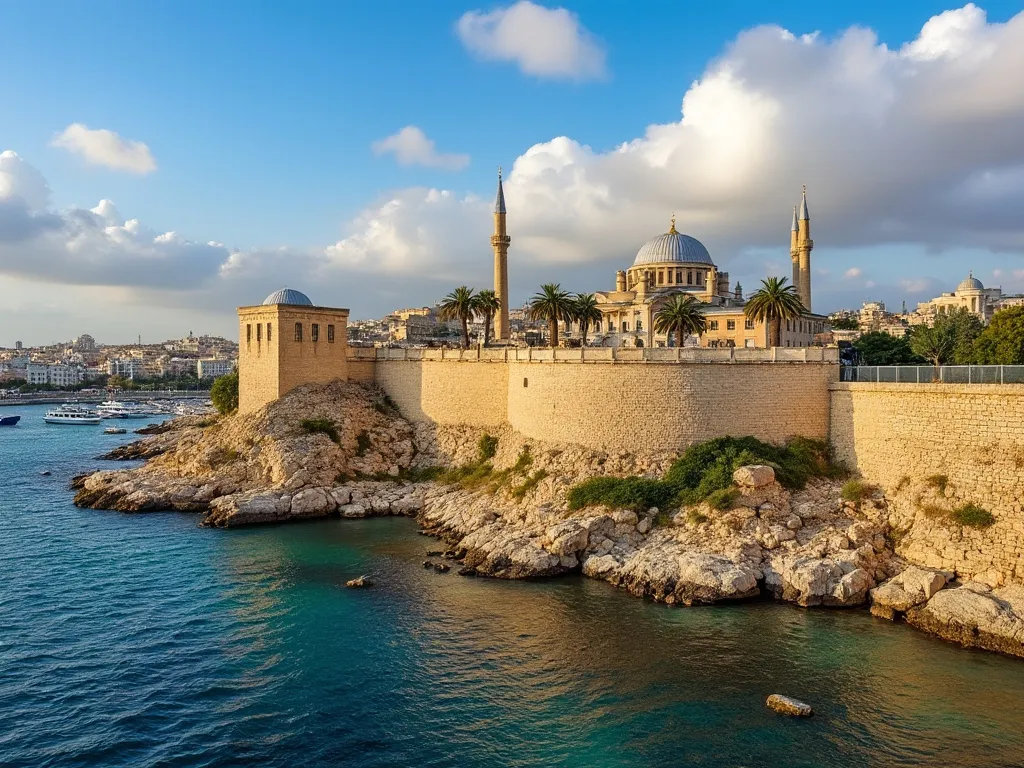
Nicosia, also known as Lefkosia, is the capital and largest city of Cyprus, an island country located in the Eastern Mediterranean. The city has a rich history dating back to the 10th century BC and has been ruled by various empires and civilizations, including the Assyrians, Persians, Romans, and Ottomans.
Nicosia information
| Country | 🇨🇾 Cyprus |
| Population | 310,000 |
| Coordinates | 35.1667° N, 33.3667° E |
| Area | 111 km² |
| Climate | Mediterranean |
| Language | Greek, Turkish, English |
| Currency | Euro |
| Time zone | Eastern European Time (EET) |
| Proximity to other major cities | Beirut (240 km), Athens (750 km), Istanbul (900 km) |
Interesting facts about Nicosia
- Nicosia is the only divided capital in the world, with the northern part of the city controlled by the self-declared Turkish Republic of Northern Cyprus.
- The city's old town is surrounded by well-preserved Venetian walls, which date back to the 16th century.
- Nicosia is home to the Cyprus Museum, which houses a vast collection of Cypriot artifacts and treasures.
- The city's name is derived from the Greek word "Lefkosia," meaning "white," which refers to the city's white limestone buildings.
Tourist attractions in Nicosia
- The Cyprus Museum
- The National Struggle Museum
- The Leventis Municipal Museum
- The Venetian Walls
- The Ledra Palace
Historical background of Nicosia
Nicosia has a complex and tumultuous history, with the city being conquered and reconquered by various empires and civilizations. In 1960, Cyprus gained independence from British colonial rule, and Nicosia became the capital of the newly independent country. However, the city's history took a dramatic turn in 1974, when Turkey invaded Cyprus, leading to the division of the island and the city of Nicosia. Today, Nicosia remains the last divided capital in the world, with the northern part of the city controlled by the self-declared Turkish Republic of Northern Cyprus.
Geographical location of Nicosia
Nicosia is situated in the center of the island of Cyprus, in the Mesaoria plain. The city is surrounded by the Troodos Mountains to the southwest and the Kyrenia Mountains to the north. The city's location has made it an important cultural and economic center throughout history, with trade routes connecting it to other major cities in the Mediterranean.
Cultural significance of Nicosia
Nicosia is a city with a rich cultural heritage, reflecting its complex history and the various civilizations that have ruled it. The city is home to numerous museums, galleries, and cultural institutions, including the Cyprus Museum, the National Struggle Museum, and the Leventis Municipal Museum. The city's old town is also a UNESCO World Heritage Site, with its well-preserved Venetian walls and historic buildings.
Economic importance of Nicosia
Nicosia is the economic hub of Cyprus, with a strong service sector and a growing tourism industry. The city is home to the country's main financial institutions, including the Central Bank of Cyprus and the Cyprus Stock Exchange. The city's economy is also driven by its strategic location, with Nicosia serving as a major transportation hub for the region.
Conclusion on Nicosia
Nicosia, the capital of Cyprus, is a city with a rich history, cultural significance, and economic importance. Despite its complex and tumultuous past, the city remains a vibrant and fascinating destination for tourists and travelers. From its well-preserved Venetian walls to its world-class museums and cultural institutions, Nicosia is a city that has something to offer for everyone.
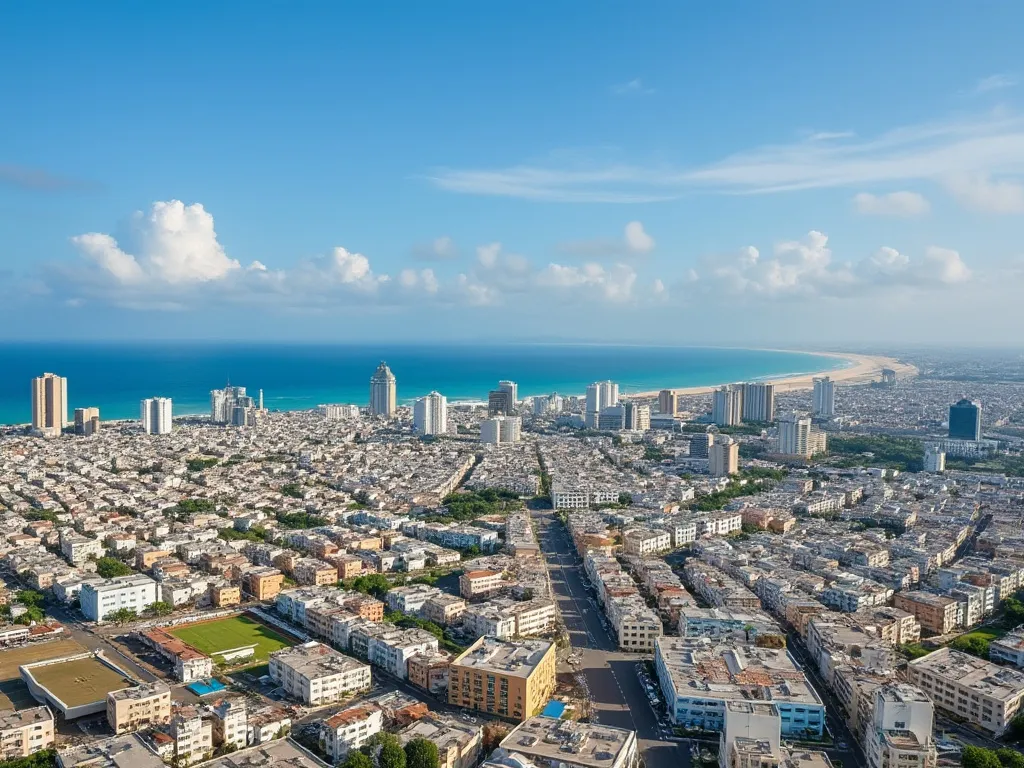 Nouakchott
Nouakchott
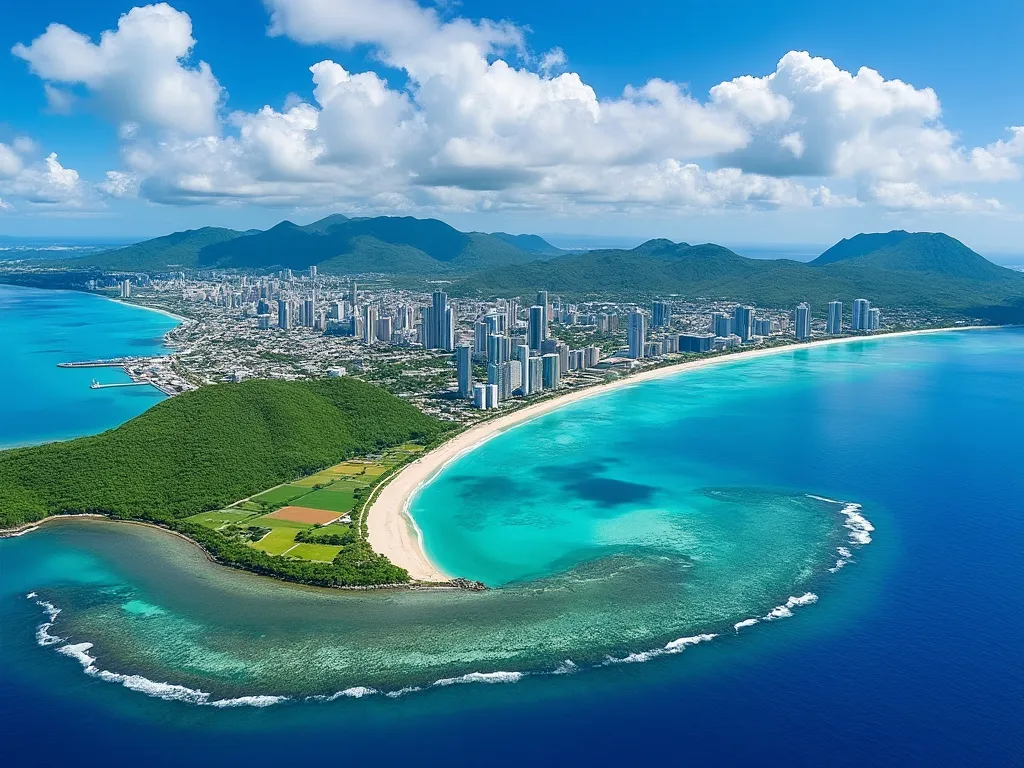 Nouméa
Nouméa
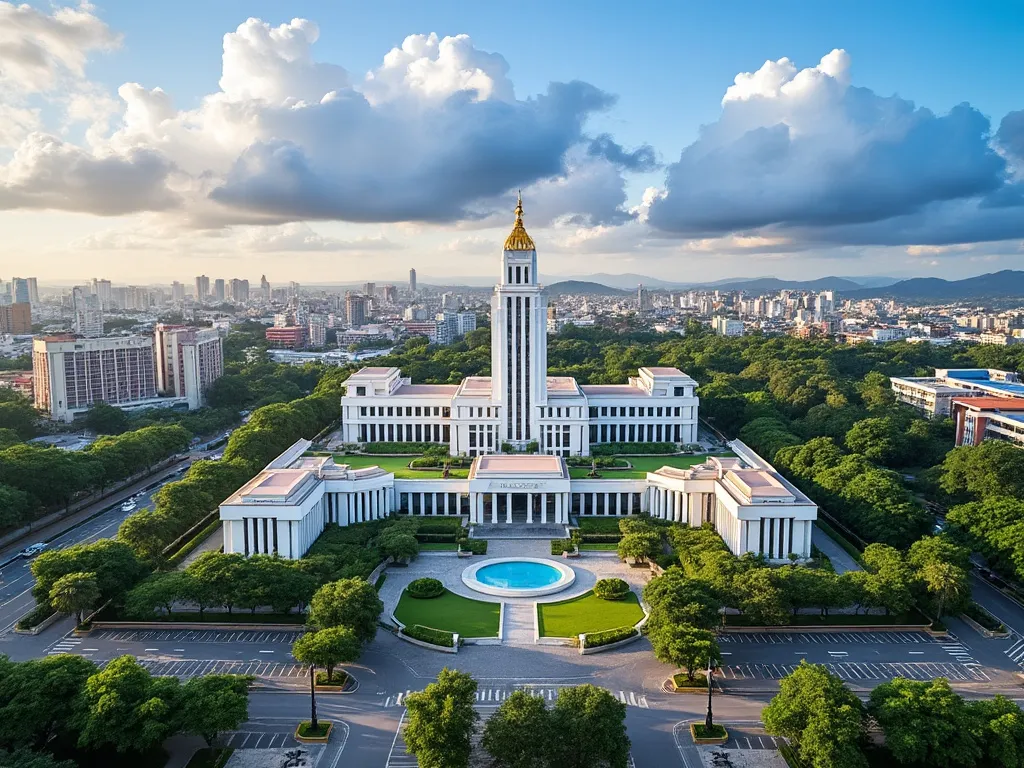 Ngerulmud
Ngerulmud
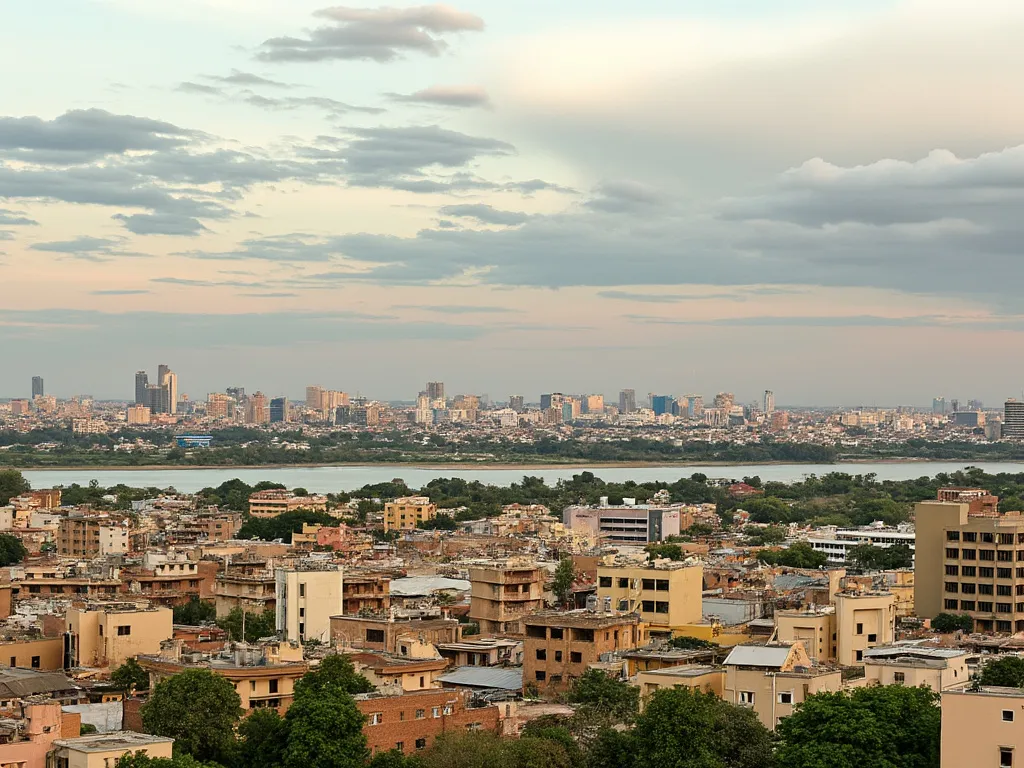 Niamey
Niamey